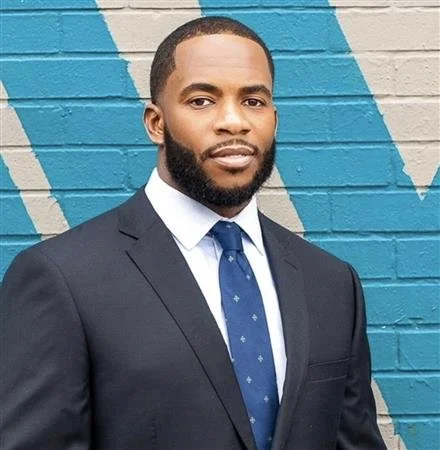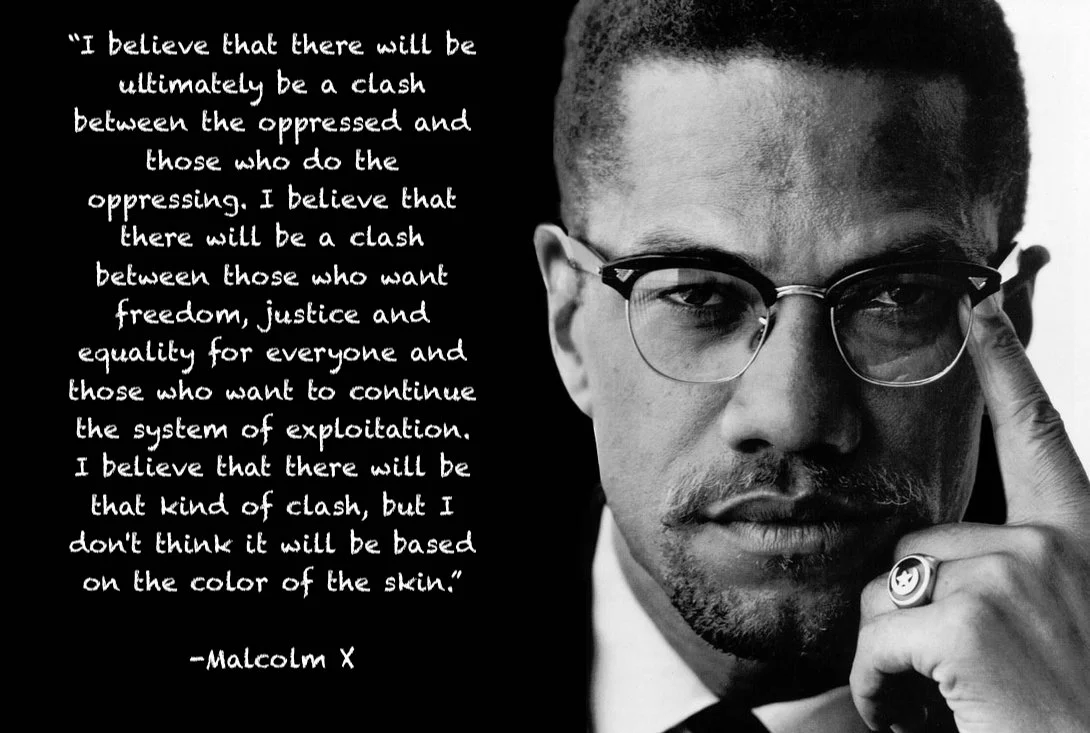Seattle Public Schools announced recently that it will face a $74 million budget shortfall if the state legislature does not "fully fund education." Since that phrase has been so overused in Washington that it's lost all meaning, it seems safe to assume SPS will have to make some pretty enormous cuts.
Stephan Blanford, our strongest and often lone voice for equity and reason on the incessantly dysfunctional Seattle School Board, wrote in a piece for the South Seattle Emerald about his fears that our more-voiceless south-end schools will bear the greater burden of these looming cuts:
"I know I am motivated more by fear — fear of the kinds of cuts that we will need to make in December and January as the board grapples with a deficit that has grown to $74 million. I am deeply troubled by the ramifications these cuts will have in classrooms across the city and the uneven impact we could have on schools serving low income students and students of color. And I am motivated by my knowledge of what has happened in the past.
First, the uneven impact. Academic research demonstrates that seniority-based teacher layoffs disproportionately impact schools serving low income and students of color. This is because those schools tend to be staffed with newer teachers having less seniority – the last hired is often the first fired. Many of our principals will tell you that they’ve finally gotten a good mix of older/experienced and younger/energetic teachers in their buildings. As a result, many are optimistic for the first time in their careers about the chances of closing our achievement/opportunity gaps — unacceptable gaps that are larger than nearly every big city school district in the nation.
Secondly, based on recent history, I have come to believe that the school board that I serve on is not sufficiently oriented to or motivated by the need to eliminate the gap, in spite of the fact that the majority of students (53%) served by Seattle Public Schools are students of color. Obviously, not every student of color is in the gap – in fact, many students of color outperform their peers. But for those that don’t, there was very little outrage or even discussion when the board learned of our national ranking in a story that was reported back in May. I’ve frequently seen members of the board disregard advice from the staff and parents when it conflicts with the narrow interests of some of their constituents. During the months when we first learned of a possible budget deficit, some of my colleagues were much more interested in how to spend last year’s $10 million surplus, which could have made a sizable dent in the projected deficit. Many of the choices that were made during that exercise only make our achievement/opportunity gaps worse.
Why does this matter?
If you have a child in Seattle Public Schools, or are troubled by the growing gaps based on family income, race and ethnicity, gentrification, the school-to-prison pipeline or any number of societal ills confronting our city, region and nation, you too should be concerned! At the root of each of these problems is society’s failure to adequately prepare our children to reach their awesome potential. IT IS CRITICAL THAT WE STEP UP NOW."
If you want to lose hope altogether, read the comments on Blanford's article. He's met with defensiveness, privilege and skepticism, often admittedly from the north end residents (and from Charlie Mas, who loves chiming in on our issues from wherever he's at).
This isn't about dividing the city into a north and south end. That's already been done. We are already the have-nots. It's not that there are no low-income families in the north end, or that there is no money in the south. It's that these are two very different places, home to two very distinct populations. Our city has been largely segregated for ages.
Blanford's fears are based in reality, and part of that reality is that schools like Emerson exist in a different realm of Seattle Public Schools than their north-end counterparts. At Emerson, we are already operating with two long-term substitutes where we should have full-time teachers. We are one of the only schools in the city with such a high percentage of students eligible for free/reduced lunch that it's just given to everyone. We've had four principals in four years.
This is, by definition, a high-need school, but it's serving mostly low-privilege students and families, which means it gets ignored. Then when someone tries to speak up about it, the overwhelming response is defensiveness.
But we should just keep plugging away, believing things will change. I'm trying.
We're progressive in lots of ways in Seattle, but that doesn't give us a pass on all the ways we're still way behind the times. We have the fifth-highest achievement gap along racial lines in the country. It persists because comfortable, privileged white moderates dominate the conversation about education locally.
We will keep speaking up from the south end, from the other sides of all the borders and barriers. The question becomes, when will people listen? I'm looking for a reason to believe that will happen soon. It needs to, because my kids won't be kids forever.















